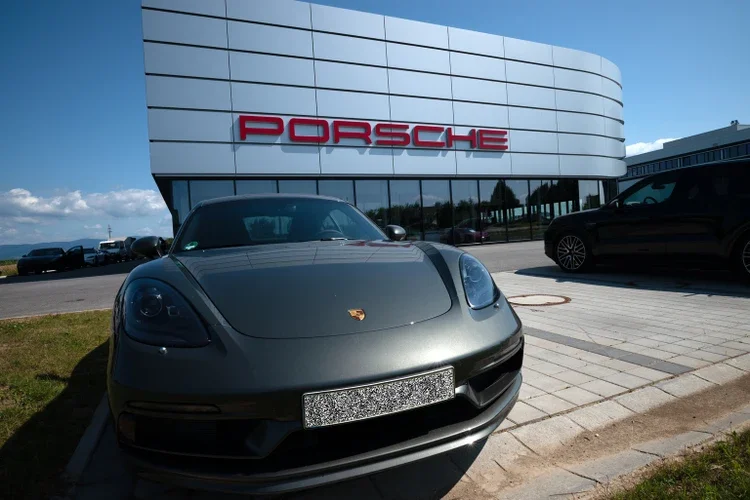Porsche announced on Friday that Michael Leiters, formerly of McLaren, is set to become its new CEO. This move aims to revive the German luxury car brand and address concerns over Oliver Blume’s dual role as CEO of both Porsche and Volkswagen.
Blume has led Porsche since 2015 and Volkswagen for three years. Both companies have faced tough times, with falling sales and market challenges. Porsche’s board will now negotiate with Leiters and discuss ending Blume’s tenure.
Responding to Investor Feedback
Porsche hopes a new CEO will help tackle global trade issues, weak demand in key markets, and a costly shift back to combustion engines from electric vehicles (EVs).
Three years ago, Porsche’s value hit 83 billion euros ($97 billion), making it Europe’s top carmaker. Now, its profit margins are shrinking, its share price has dropped over 50%, and it’s no longer in Germany’s DAX index. Volkswagen’s stock has also fallen by more than a third.
DWS, a major Porsche investor with $34 million in shares, called the leadership change a positive step. Hendrik Schmidt from DWS said, “This shows Porsche is finally hearing investor concerns.”
He added, “A new CEO isn’t enough. Porsche must improve its EV strategy and boost sales in China.” After the news, Porsche shares rose 1.2%, and Volkswagen’s climbed 1.7%.
Leiters’ Strong Background
Michael Leiters brings deep experience from McLaren, Ferrari, and Porsche. He may be confirmed as CEO soon, starting in 2026. Leiters left McLaren this year after its merger with EV startup Forseven. From 2014 to 2019, he was Ferrari’s chief technology officer, leading cutting-edge projects.
At Porsche, Leiters spent 13 years as SUV development head, shaping the popular Cayenne model. Analyst Pal Skirta from Metzler said, “Leiters’ skills match Porsche’s focus on sports cars and SUVs perfectly.”
Challenges in China
Porsche’s struggles reflect Germany’s broader car industry woes, including slow growth, high costs, and tough competition. In China, Porsche’s sales fell 33% from their 2021 peak of 95,671 vehicles. This year, sales dropped 26% in the first nine months, making up just 15% of total sales. Chinese buyers prefer local brands’ sporty, high-tech vehicles over Porsche’s EVs.
Volkswagen faces similar issues in China, with sales down to 2.8 million vehicles in 2024 from 3.7 million in 2020. Once the market leader, it was overtaken by BYD in 2024 and may soon trail Geely.
Ingo Speich from Deka Investment, with $48 million in Porsche shares, said, “This change is late, and time has been wasted.” He urged Blume to rebuild trust by pushing reforms and delivering new models.
Blume, tied to the Porsche-Piëch family controlling Volkswagen via Porsche SE, recently said he works 70 hours a week managing both companies.




















